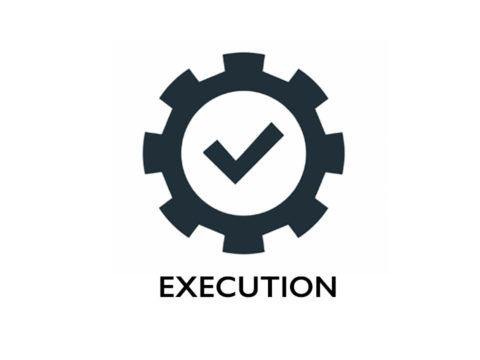What IT Channel Executives Can Learn From Legendary Basketball Coach John Wooden

4 Ways To Optimize Data Protection In Virtual Environments
May 17, 2019
Paragon Software’s Disaster Recovery Tool, HDM, Launched into Space and Orbiting Earth
July 13, 2019The legendary John Wooden, arguably the greatest basketball coach of all time, once said, “Never confuse activity with accomplishment.” Whether you’re a vendor or a reseller, that statement resonates — because one of the most difficult aspects of managing a start-up is dealing with the excitement level of the new venture and reining in the tendency to believe that activity for activity’s sake is critical at all times.
In the nineties, led by an almost euphoric market and the ability to tack “dot com” at the end of anything, one could watch stock prices soar as investment capital flew in and companies filled giant break rooms with ping pong tables, arcades, snack bars, and more. The business atmosphere at that time was electrifying, but in many cases the activity wasn’t anything approaching best practice. (This isn’t to say that amenities for employees can’t help attract and keep good staff, it just illustrates the frenetic pace of business in emerging markets.) A few years later, the tech “bubble” imploded, and the net result was a great loss of shareholder value, layoffs, and paper millionaires realizing they had non-paper debts.
Technology itself has enabled each one of us to get more done faster. In the time it takes me to write and post these words, I will likely have also checked my email, sent correspondence via instant messaging and arranged travel for a business conference. If the average businessperson accurately listed the tasks undergone in a particular day, the results would be surprising. At first glance, the sheer number of items completed will tend to create a sense of accomplishment. Who wouldn’t be proud of checking off 30 or 40 items on a list?
Dig a little deeper, though. Take a look at the tasks and determine which of them actually resulted in a benefit to the company. How many of them helped to fill a day but really meant less to the success of the venture than the time spent with them? Now, multiply that activity by the number of employees working for you. There are certainly hundreds of activities happening every day that likely don’t offer anything in the way of accomplishment.
This doesn’t mean your employees are bad or shirking duties. They probably go to bed at night just as tired and just as overworked as you do. It does mean, however, that every employee ought to learn what tasks impact the company. For example, I have known salespersons who spend hours “preparing” to make phone calls and others who stay on the phone constantly but somehow can’t consistently close business. I’ve known programmers who can write beautiful code but spend their time on features that have little benefit.
Ultimately, it’s the responsibility of management to take the best efforts of employees and ensure that they are directed properly for maximum effect to turn the activity into real accomplishment.
How much of what your company does is just activity?
Tom Fedro is president and CEO of Paragon Software Group, an Irvine, CA-based provider of disaster recovery and backup software solutions, available through the channel and designed for small business and mid-market enterprises, along with embedded file system driver technologies used by large manufacturers of consumer devices including Dell, Netgear, Acer, Seagate, Western Digital, ASUS, Toshiba, Hewlett Packard, Hitachi and many others.




